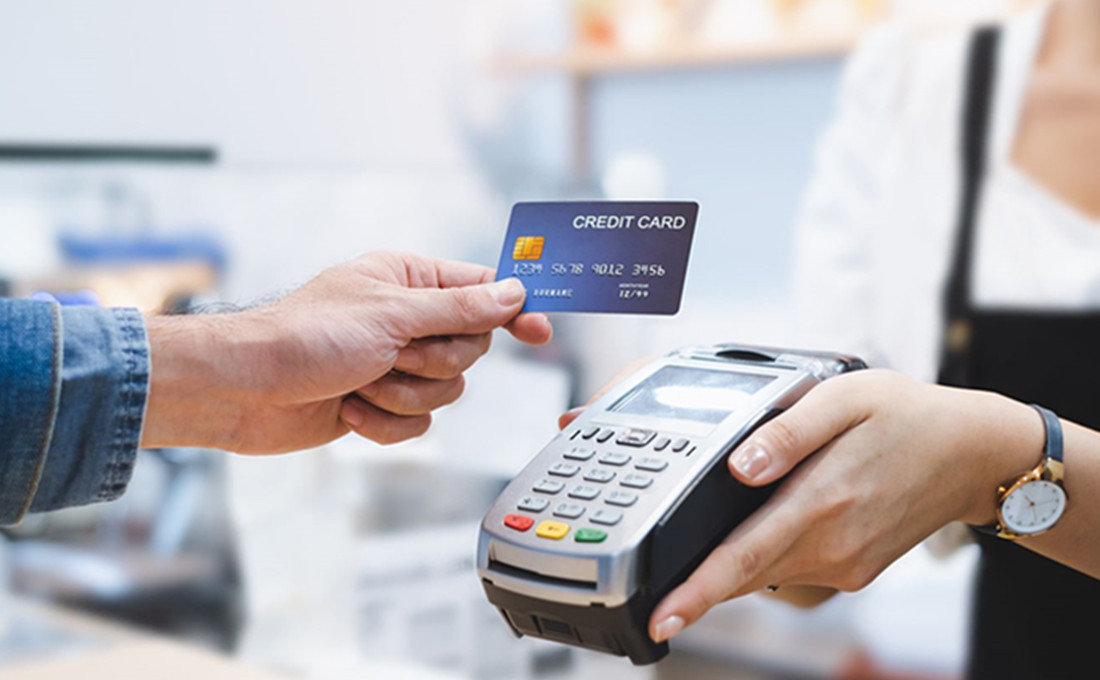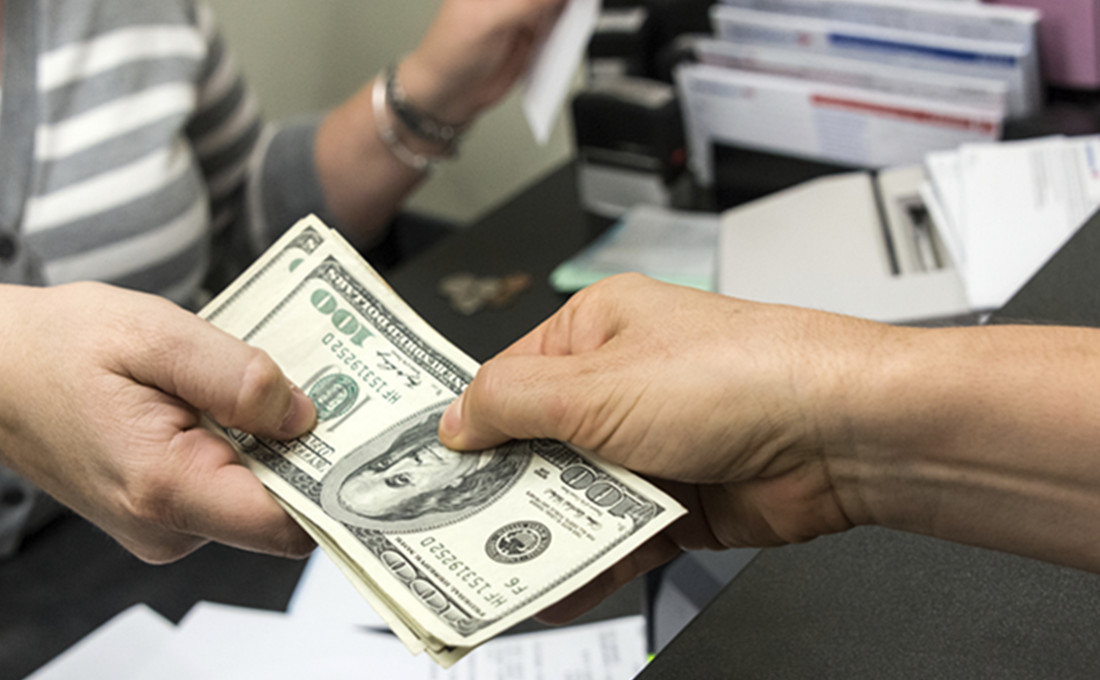If you spend more money than you make, it’s only a matter of time before your debt increases. Unfortunately, many people get into a cycle of living from one paycheck to the next and accumulating more and more credit card debt. If you are ready to get out of debt, here are three tips on how to pay off credit card debt.
Make a Debt Repayment Plan and Stick to it
The first step toward paying off your credit card debt is developing a repayment plan. You should start by listing all of the credit cards, the balances on each one, and any interest rates you are paying. This information will help you estimate how long it will take you to pay off all of your cards if you follow a repayment plan based on the minimum payments due each month. At this point, you can weigh your options and choose what type of plan would be best for your situation.

Compare the Pros and Cons of Debt Consolidation and Balance Transfer Options
Debt consolidation is a popular way to pay off credit card debt because it allows you to combine your accounts into a single payment. Ideally, if you can manage your money better, you should be able to pay back all of your credit cards in under five years. However, if you are struggling, some debt consolidation companies will allow you to take longer than five years to pay back your debt, but this requires additional fees, which might make consolidation less attractive. If you don’t qualify for debt consolidation, consider transferring your balances from high-interest credit cards into a low-interest credit card or another bank that offers lower rates on balance transfers.
Take Advantage of Rewards Credit Cards
One of the ideal ways to save money on credit card debt is to take advantage of credit card rewards. If you find a credit card with a rewards program, look for one that offers high bonuses or the ability to earn points when paying with your card. For example, if you have a Visa credit card, you could find one with a 2% cashback bonus for every $1 spent on gas and groceries as long as you are spending at least $25,000 per year on purchases made with that card.
Credit card debt seems to be the unfortunate result of a fast-paced and materialistic society. Keeping up with your credit card payments can be challenging in these tough economic times. However, you can take the above steps to escape this vicious cycle before you fall too deep into debt.





